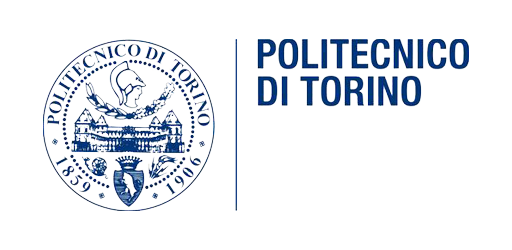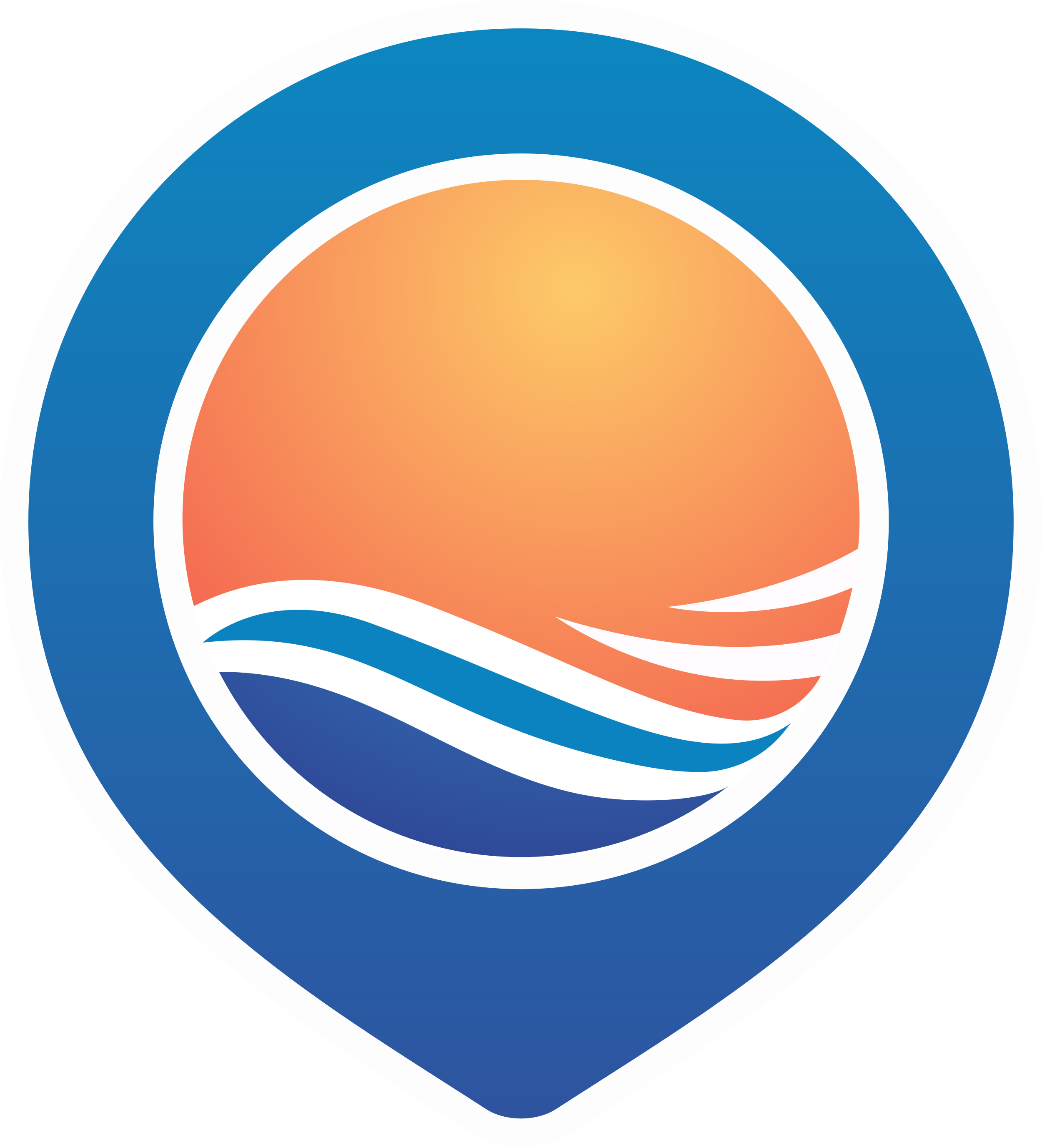
The Polytechnic University of Turin (Italian: Politecnico di Torino) is a public university based in Turin, Italy. Established in 1859, it is Italy’s oldest technical university. The university offers several courses in the fields of Engineering, Architecture and Industrial Design.
The Polytechnic University of Turin has been awarded the title "European University" by the European Commission. Together with 6 other European technical universities, the Polytechnic University of Turin has formed the alliance UNITE! (University Network for Innovation, Technology and Engineering). The aim of the project is to create a trans-European campus, to introduce trans-European curricula, to promote scientific cooperation between the members and to strengthen knowledge transfer between the countries. The alliance includes the Technische Universität Darmstadt, Aalto University, the KTH Royal Institute of Technology, the Polytechnic University of Turin, the Polytechnic University of Catalonia and the University of Lisbon.
Horizon Europe / Horizon 2020 Apps using SPOTTERON

The IPM-Popillia Horizon 2020 project aims to address the challenge of a new risk to plant health in Europe's agriculture and food safety: the invasion of the Japanese Beetle, Popillia japonica. This invasive species was introduced accidentally to mainland Europe in 2014 and can quickly spread by transportation and trade. As a species with a wide range of feeding plants, P. japonica threatens the entire agricultural sector, urban landscapes, and biodiversity in invaded areas.
IPM Popillia | Integrated Pest Management of the Japanese Beetle


EFFECTIVE, a Horizon Europe initiative, targets the emerging threat to the EU's Mediterranean Blue Natural Capital. By leveraging advanced science, technological nature-based solutions, digitalization, and social implication, the project aims to develop a comprehensive scientific knowledge base and practical guidance for the application of Ecosystem-Based Management to promote large-scale marine protected areas establishment in the European seas.
EFFECTIVE | Protection and Restoration Management of Mediterranean Marine Protected Areas


TRANSEATION, funded by Horizon Europe, aims to validate a new level of ecosystem-based management by integrating social implication digitalization and nature-based solutions to safeguard and restore marine ecosystem health and services. The project focuses on demonstrating the effectiveness of marine and coastal hybrid blue-grey infrastructures and developing digital tools for monitoring, analysis, and social involvement, addressing societal challenges and promoting sustainable management practices.
TRANSEATION | Advancements through Hybrid Blue-Grey Infrastructures in Marine and Coastal Areas


In Europe and globally, substantial numbers of young people are at risk of social exclusion. Therefore, there is a pressing need to develop more knowledge and innovation to create inclusive and youth-friendly societies. The Horizon 2020 R&I Project YouCount contributes to these needs by developing 'actionable' knowledge for social inclusion of disadvantaged youths in the European Union and creating better means for social inclusion through citizen social science.
YouCount | Youth Citizen Science

MINAGRIS | Micro and Nanoplastics in Agricultural Soils







